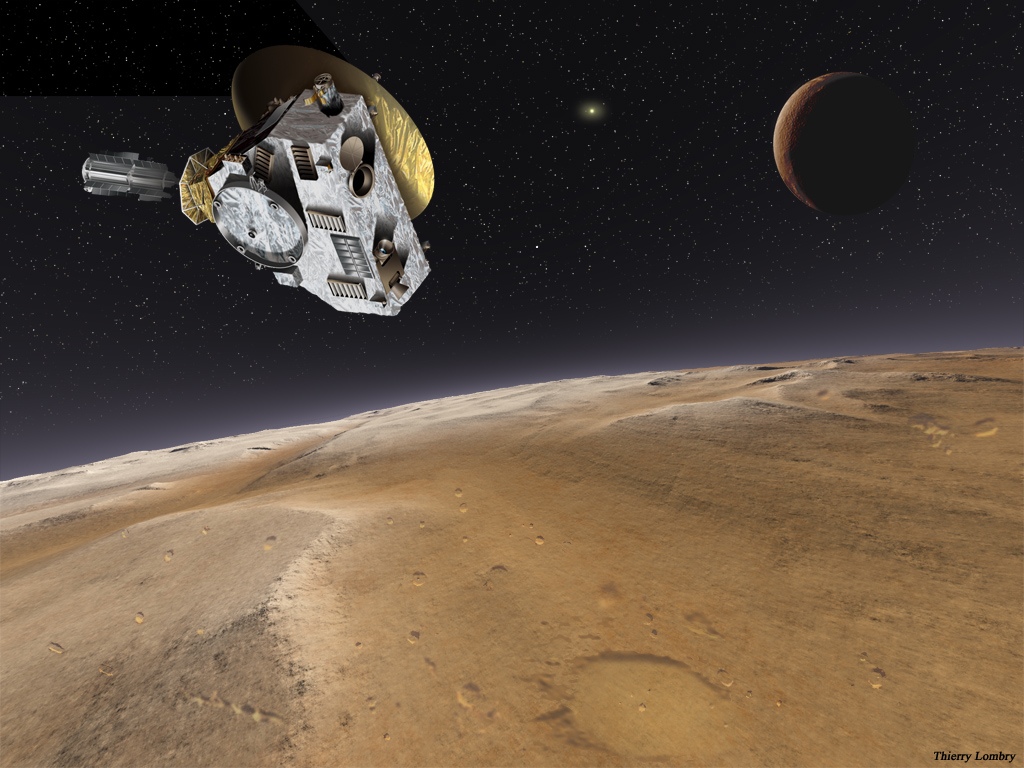
How do you map the universe? It's a daunting project. So many stars. So many galaxies. Heck, so many craters on even the most familiar objects to us, such as Mars. Figuring out what each of these things is called is a serious business, because otherwise astronomers can't figure out what other astronomers are talking about.
The naming of these objects are complex. There is an official body called the International Astronomical Union that regulates the names in a way that most astronomers accept, but that doesn't mean everyone likes the rules. An educational startup called Uwingu has offered to name craters on Mars for paying donators, but the IAU has said it won't recognize those names on its maps.
It points to the challenge of having the old rules in the new digital era. Once you had to order a poster of a planet from NASA or National Geographic; today, you can download images readily to your computer only days after a spacecraft took it. Seriously. And this is why scientists are going to ask the public for help when the New Horizons spacecraft whizzes by Pluto this July.

Artist's conception of the New Horizons spacecraft passing by Pluto in July 2015. Credit: NASA
Because the flyby is going to happen so quickly, there will be reams of data coming in and there won't be time to think about names in the heat of the moment. Scientists are therefore asking the public to submit ideas for craters and other features visible on Pluto and its largest moon, Charon.
There are rules, specifically that the names must be "associated with a set of broad themes related to mythology and the literature and history of exploration." And you have to get it done by April 7. When the names are picked by the team, the IAU will get the final say on which ones should be used where. But it is, excitingly, a way for the public to get involved.
"Pluto belongs to everyone," stated New Horizons science team member Mark Showalter, who is a senior research scientist at the SETI (Search for Extraterrestrial Intelligence) Institute. “So we want everyone to be involved in making the map of this distant world.”

Galaxies. Credit: NASA, ACS Team, Rychard Bouwens (UCO/Lick Obs.)
And here's the best thing about crowdsourcing and space exploration; it doesn't end there. Through a site called Cosmoquest, thousands upon thousands of people have been helping real astronomers sift through the reams of data. If looking at Pluto doesn't quite strike your fancy, you can help look at features on Mercury, the moon or Vesta (an asteroid).
To go even further out in the universe, look no further than Zooniverse. You can help hunt planets circling other stars, learn more about the weather on Mars, find asteroids that are close to Earth or even find star explosions. And lest you think the work is not scientifically useful, people who have participated in similar projects have been credited in science papers. Astronomers love the service because it helps solves the problem of data analysis, freeing up their time for deciding what to do next.
Crowdsourcing is also something we are big on here at HeroX, because we know that when many minds work together and donate to a cause that problems can be solved, one small step at a time. What science problems could be tackled with a similar approach hat space has to crowdsourcing?
Top image: Artist's conception of Pluto (center) and its moon Charon from another of Pluto's smaller moons. Credit: NASA, ESA and G. Bacon (STScI)








